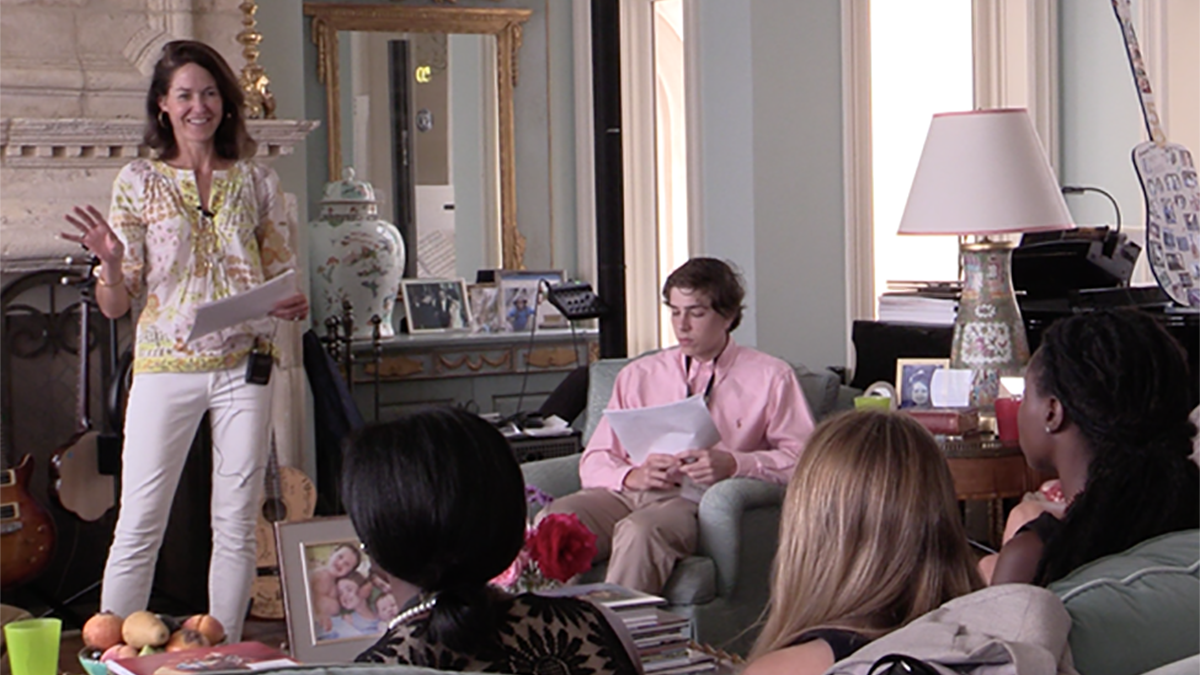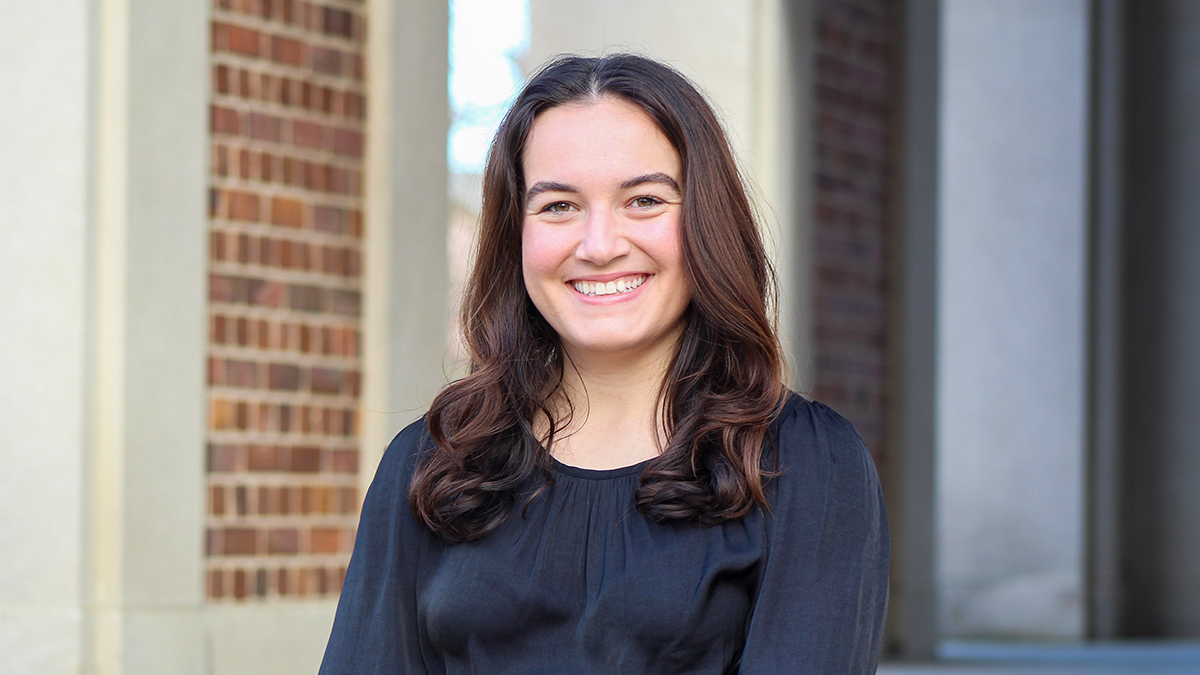Carolina West
For his Silicon Revolution class, professor James Leloudis tapped into a sprawling Tar Heel network in California’s Silicon Valley

When Tar Heel Jennifer Lloyd Halsey arrived in California two decades ago, she didn’t know anyone. Now she routinely has 150 people coming to her Menlo Park home to watch Carolina games.
“That is one of the beautiful things that’s emerged is this community of people who, over 20 years, through sports, have come together over and over and over again in casual settings,” Halsey told UNC-Chapel Hill students visiting the San Francisco Bay Area this summer. More than a business network, they are her friends.
More than 10,000 Carolina alumni live in California, the most in any state west of Georgia. This Carolina-California connection is what made it possible for history professor James Leloudis to create a Maymester course called Silicon Revolution three years ago. The class includes class time and assignments, but its key component is the week students spend in Silicon Valley, meeting with and learning from successful Carolina alumni.
On development trips to California for Honors Carolina, Leloudis had seen how eager these transplanted Tar Heels were to reconnect with the University and how willing they were to help today’s undergraduates. The 16 students in this past Maymester class made 16 stops during their week in California, and at each stop, at least one Tar Heel was there to greet them.
“It’s also part of the culture of this institution. There is a real value here placed on Carolina people helping Carolina people, opening doors for one another,” Leloudis said.
The class visited tech giants like Apple, Google, Cisco, Tesla and Airbnb as well as a biopharma company, tech startups and venture capital firms. They played with green screen technology at Cisco, took a tour of the Tesla car manufacturing plant, had lunch at Apple, explored the quirky conference rooms at Airbnb (modeled after actual Airbnb listings) and visited venture capitalists and entrepreneurs in their homes.
“People went beyond anything we would have asked for,” Leloudis said. “We got into places where most people don’t get to go. People opened doors for them that aren’t ordinarily opened.”
Another way that generous alumni opened doors was by providing financial support so that money was not a barrier to any student who wanted to take the course – which required an extra $1,000 fee and roundtrip airfare to California.
“Because of them, there was never a student standing on the outside looking in,” Leloudis said.
Read more of this story at the University Gazette.




